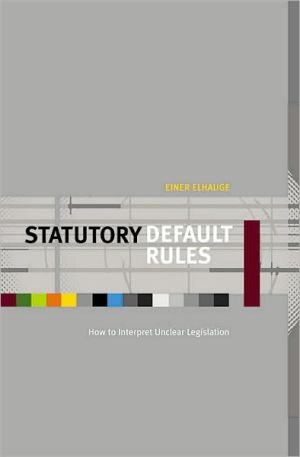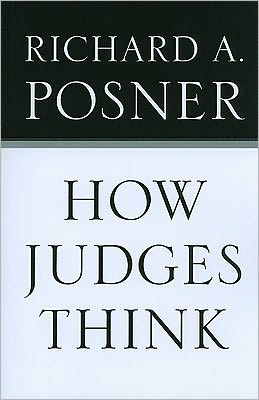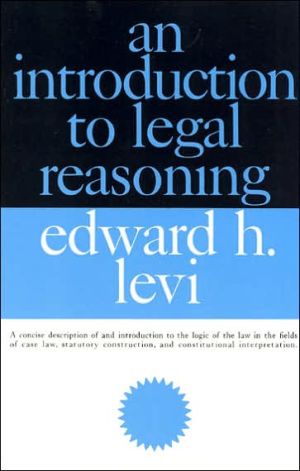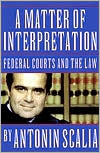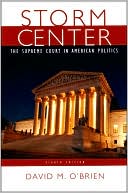Statutory Default Rules: How to Interpret Unclear Legislation
Most new law is statutory law; that is, law enacted by legislators. An important question, therefore, is how should this law be interpreted by courts and agencies, especially when the text of a statute is not entirely clear. There is a great deal of scholarly literature on the rules and legal materials courts should use in interpreting statutes. This book takes a fresh approach by focusing instead on what judges should do once the legal materials fail to resolve the interpretive question. It...
Search in google:
Most new law is statutory law; that is, law enacted by legislators. An important question, therefore, is how should this law be interpreted by courts and agencies, especially when the text of a statute is not entirely clear. There is a great deal of scholarly literature on the rules and legal materials courts should use in interpreting statutes. This book takes a fresh approach by focusing instead on what judges should do once the legal materials fail to resolve the interpretive question. It challenges the common assumption that in such cases judges should exercise interstitial lawmaking power. Instead, it argues that—wherever one believes the interpretive inquiry has failed to resolve the statutory meaning—judges can and should use statutory default rules that are designed to maximize the satisfaction of enactable political preferences; that is, the political preferences of the polity that are shared among enough elected officials that they could and would be enacted into law if the issue were on the legislative agenda.These default rules explain many recent high-profile cases, including the Guantánamo detainees case, the sentencing guidelines case, the decision denying the FDA authority to regulate cigarettes, and the case that refused to allow the attorney general to criminalize drugs used in physician-assisted suicide.
Introduction and Overview 1Why Courts Should Maximize Enactable Preferences When Statutes Are Unclear 23Current Preferences Default Rules 39The General Theory for Current Preferences Default Rules 41Inferring Current Preferences from Recent Legislative Action 70Inferring Current Preferences from Agency Action 79Enactor Preferences Default Rules 113From Legislative Intent to Probabilistic Estimates of Enactable Preferences 115Moderation, Unforeseen Circumstances, and a Theory of Meaning 135Preference-Eliciting Default Rules 149Eliciting Legislative Preferences 151Canons Favoring the Politically Powerless 168Linguistic Canons of Statutory Construction 188Interpretations That May Create International Conflict 204Explaining Seeming Inconsistencies in Statutory Stare Decisis 211Supplemental Default Rules 225Tracking the Preferences of Political Subunits 227Tracking High Court Preferences 234Objections 241The Fit with Prior Political Science Models and Empirical Data 243Interest Group and Collective Choice Theory 263Protecting Reliance or Avoiding Change or Effect 302Rebutting Operational and Jurisprudential Objections 324Notes 337Index 381
